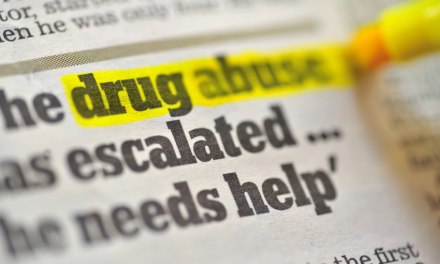I don’t know how closely you follow media analyses of the opioid crisis– it’s gone on so long we’re all a little burnt out — but one recurring theme has been the pivotal role played by politics and politicians. That’s especially true where someone in Congress is worried about getting re-elected. It tends to overwhelm the rest of their priorities. On the other hand, when a seat in Congress is secure, we’re more likely to see brave actions and strong positions.
The vulnerability of elected officials makes it pretty easy for powerful special interests to “manage” issues for their own gain.
One thing that has changed: Drug epidemics are no longer solely the work of greedy traffickers from across the border. Nowadays their origins are more likely to be traced to corporate enterprise. The illegal sources– the smugglers, drug lords, and cartels – then follow in their wake. You might compare it to a race horse drafting behind the early leader. Big business forges the path. Their marketing sells the public on the product, and their army of lobbyists convinces government to relax their guard.
After that hard work is done, the cartels step in to exploit it.
I’m not accusing Big Pharma of setting out addict their customers. But neither do they complain overmuch about the revenue that seems to follow. They’re too busy trying to hang onto it, I suppose. That’s the thing about an addicted customer: it takes all the challenge out of creating return business.
Anyway, I believe we can no longer understand how drug epidemics are born and persist without also examining the political and business practices that support them. After all, an industry lobby can exert the sort of pressure on the American political system from inside that Pablo Escobar could only dream about.
Take vaping, still considered an important breakthrough in smoking cessation. Nonetheless, it’s now clear that the real demand for vape pens has been among young people, and it’s emphatically not because they want to quit smoking cigarettes.
How is the vaping industry responding to this new threat to America’s youth? See for yourself.
It reminds me of The Wire. Idris Elba plays a dope dealer who attends college classes in hopes of bringing modern business practice to the corner drug trade. Watching, we realize how pathetic his attempts are, compared to the real thing. He’s a pale imitation of the real predators, wearing suits and armed with spreadsheets.
And yet our legal system seems designed to punish the low level offender while protecting their counterparts in business and government. It’s almost as if the Executive, Legislative, and Judicial branches have all been influenced, perhaps even subverted, by the power of corporate money.
In that respect, these awful opioid statistics? They’re the symptom, not the disease.












